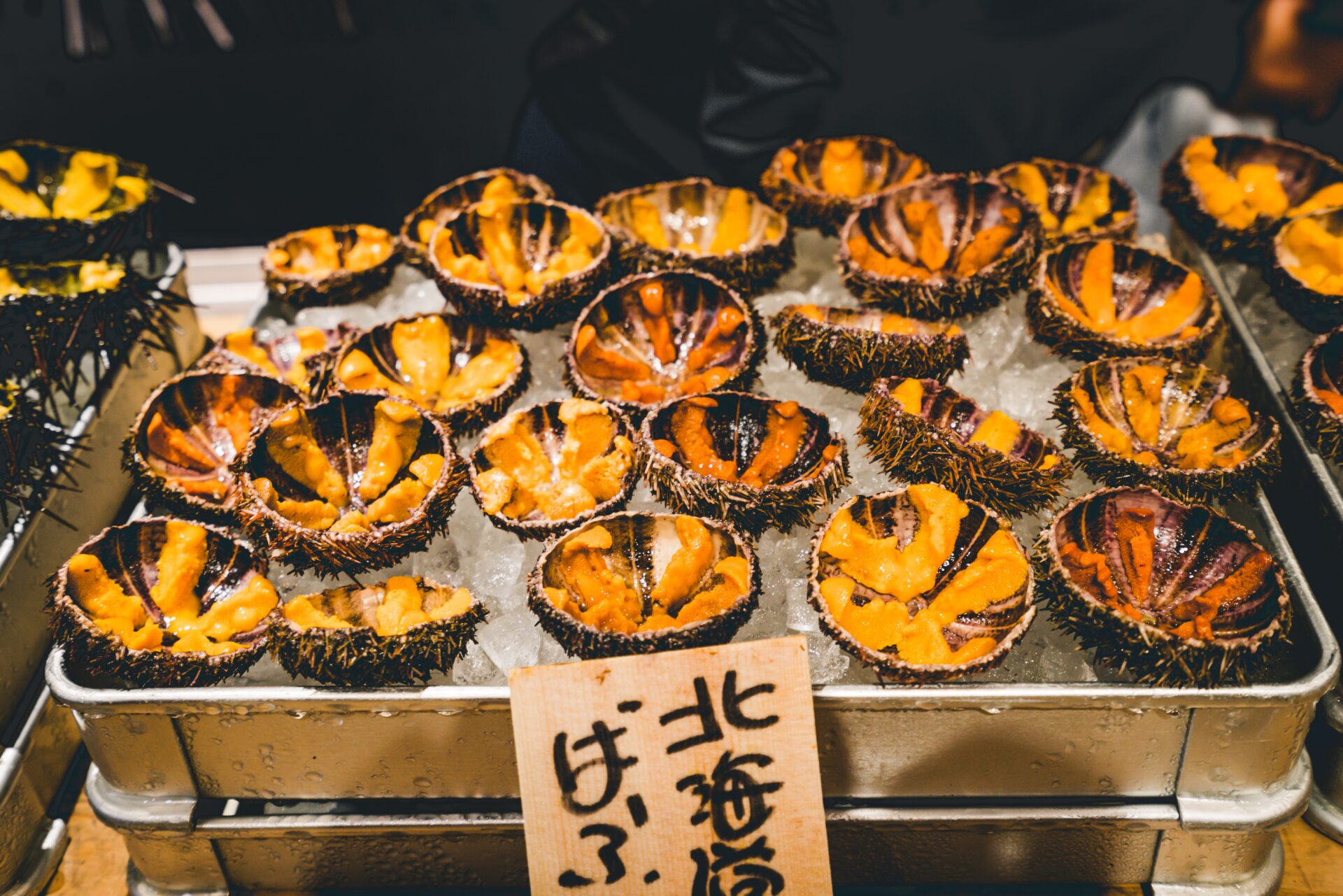Whether you live in Japan or are just planning to visit at some point, learning some basic Japanese words and phrases will be a big help to you as you traverse the land of the rising sun. When you meet new people, however, Japanese has a lot of words and expressions which are used to describe personalities and people’s characteristics.
If you know what they mean, it will enable you to talk about yourself clearly and communicate with locals smoothly. Here is a list of 10 common words to describe someone’s personality in Japanese!
1. Happo Bijin (八方美人)
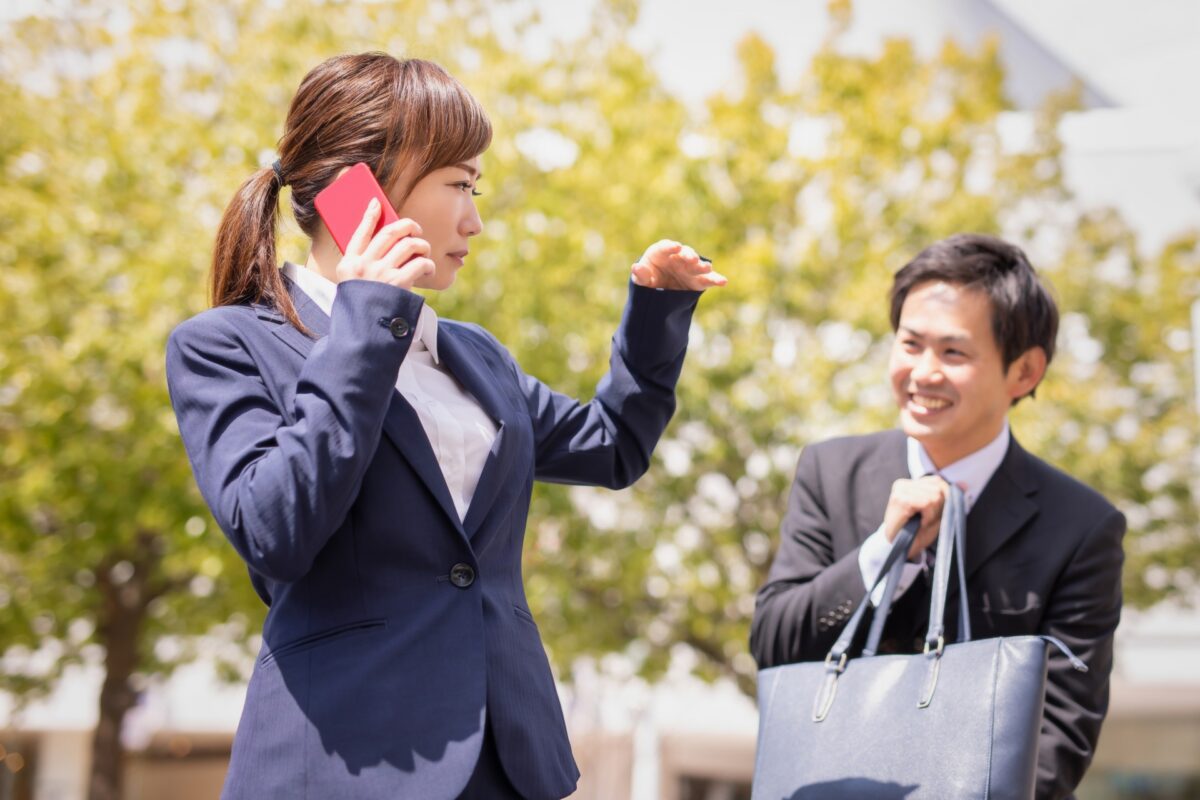
Someone who is a Happo Bijin refers to someone who is always trying to please everyone around them. Although Bijin is a word that is typically used to describe a beautiful woman, you can use this word for anyone regardless of gender when talking about their personality.
If you take the meaning of Kanji literally, you may suppose it has a positive meaning in general but on the contrary, it most certainly does not. Happo Bijin is generally used in a negative context when you want to ironically suggest that someone is too nice and kind to everyone. Ohitoyoshi(お人好し) also has a similar meaning, and it also gives a slightly negative impression. Therefore, you need to be careful when using these words.
2. Naiko-teki (内向的)
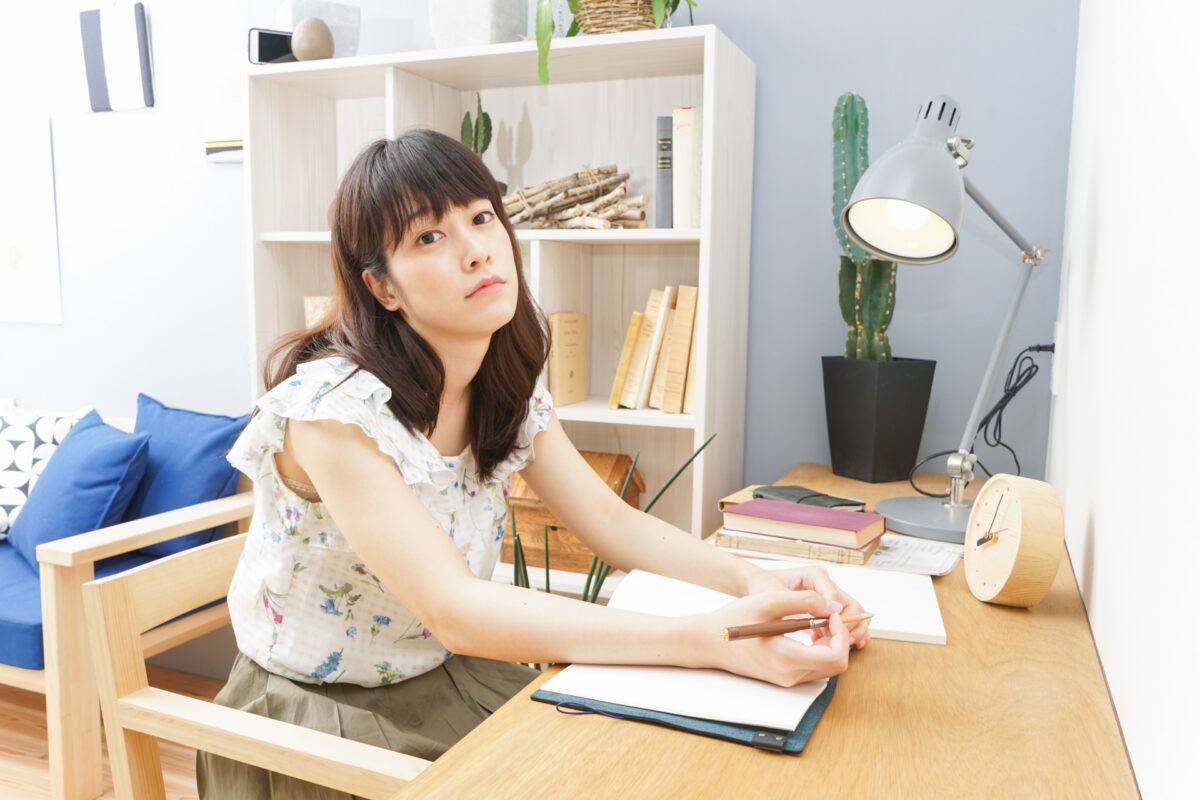
Naiko-teki means someone who is an introvert and not sociable at all. It is a word to describe someone who is shy or a wallflower. Someone who is Naiko-teki is typically not good at communicating with others, especially those who they don’t know well. Instead, they prefer to spend time alone or with intimate friends and family.
Otonashii (おとなしい) also has a similar meaning and is more often used in casual conversations. Some people may feel uncomfortable if you use Naiko-teki to describe their personality, so it is preferable to use Otonashii instead.
3. Gaiko-teki (外交的)
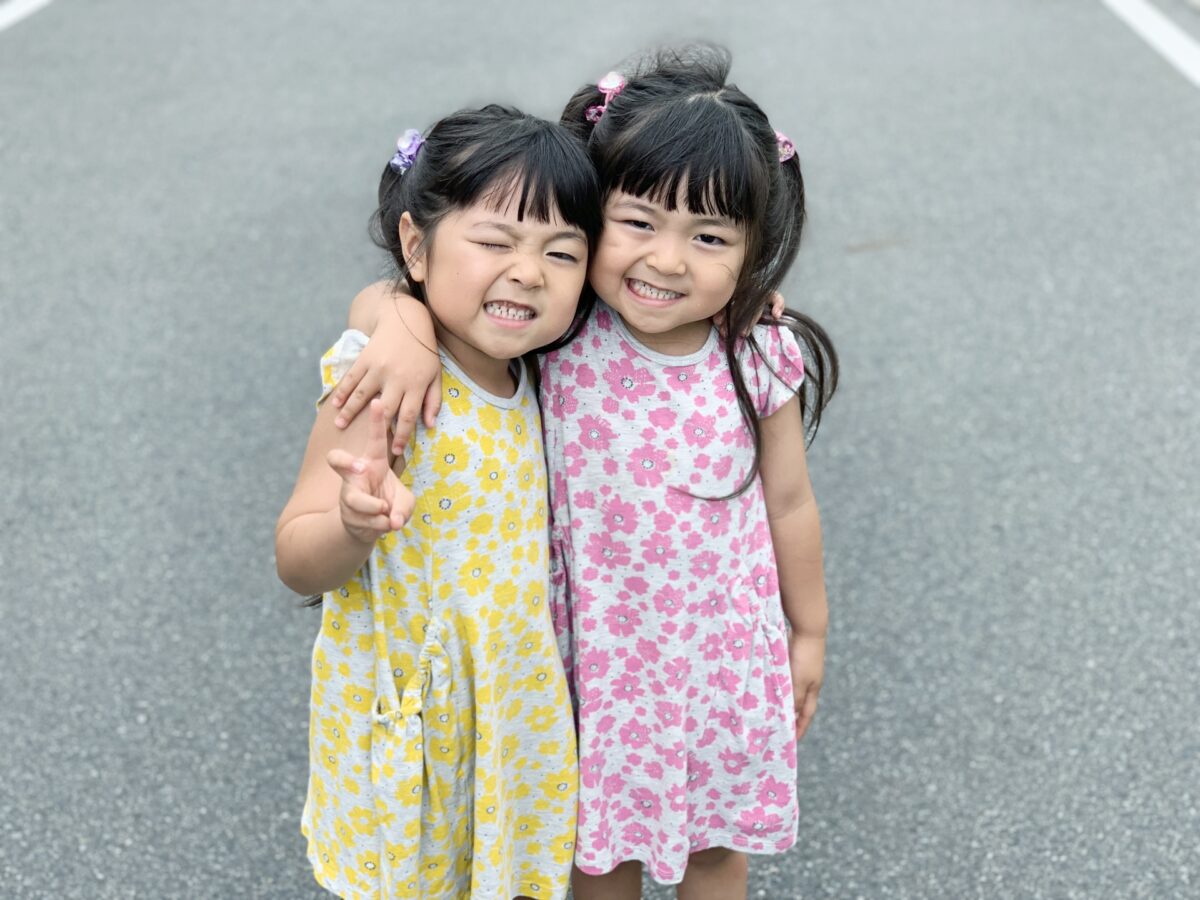
Gaiko-teki refers to someone who is an extrovert and is very sociable. It is the opposite of someone who is Naiko-teki, and is often used to describe someone who is friendly and loves social interaction. If you know someone who has many friends, goes to every single party and loves participating in social events such as festivals or volunteer activities to expand their network, Gaiko-teki is a suitable word to describe their personality. Unlike Naiko-teki, Gaiko-teki doesn’t have a negative meaning and therefore can be used in daily conversations!
4. Osekkai (お節介)
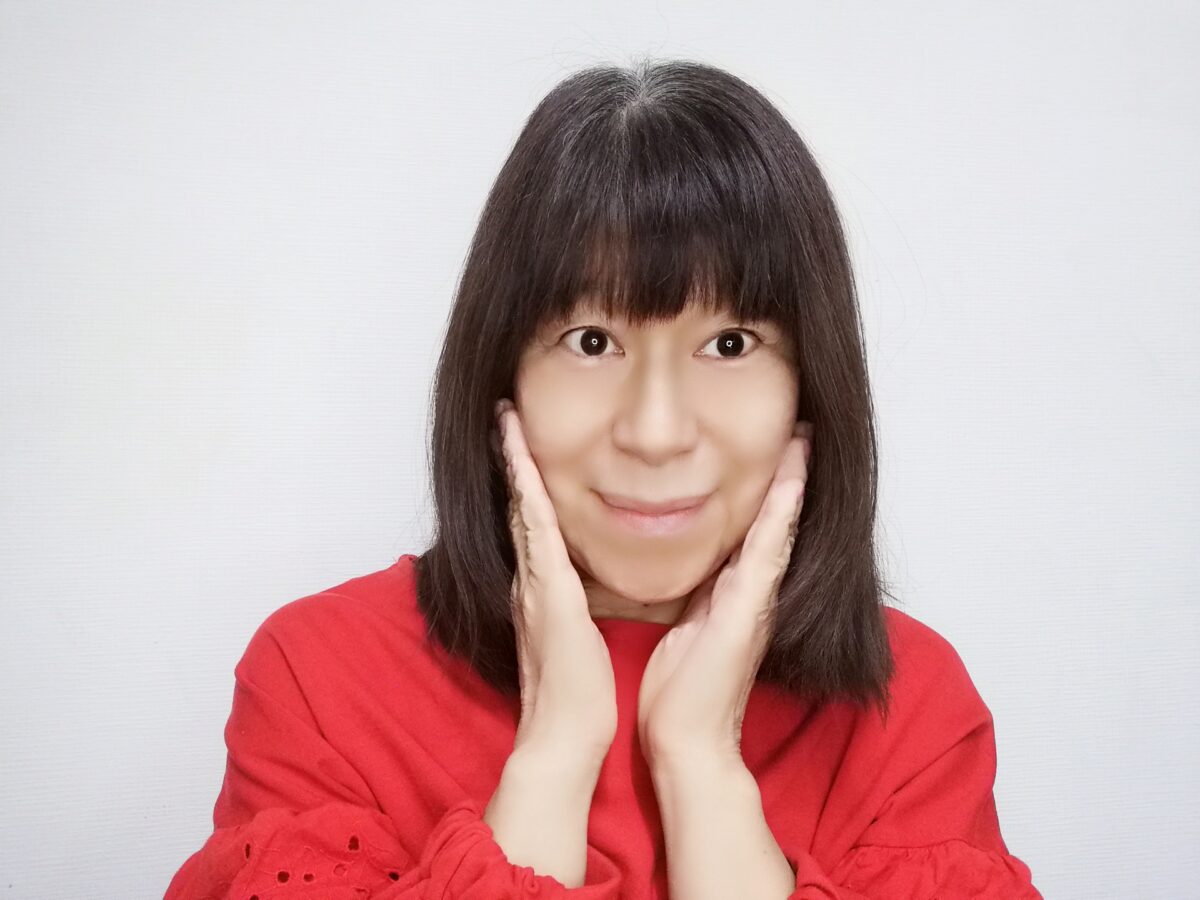
Osekkai is a Japanese word that is used to describe someone who is nosy and always interfering in your personal life. This word is particularly used for helicopter parents who are overprotective and always trying to interfere with their children’s personal lives.
You can also use this word for someone who keeps on butting into others’ personal matters and relationships that have nothing to do with them. Osekkai obviously has a very negative meaning and it is typically used to mention someone’s overly-nosy behavior which is considered rude.
5. Rakkanteki (楽観的)
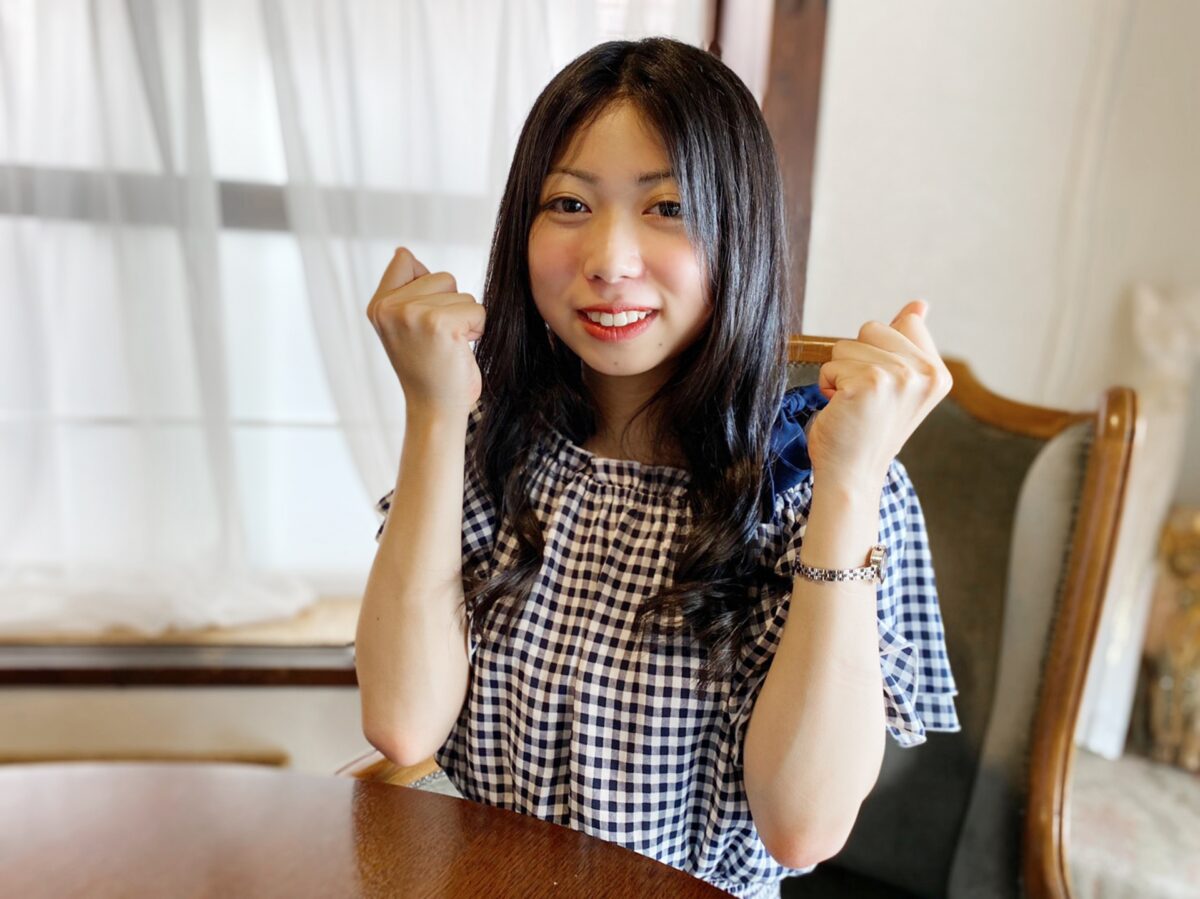
Rakkanteki means someone who is optimistic and positive. If you know someone who doesn’t worry over small mistakes and always has hope for the future even when they are in trouble, you can call them Rakkanteki.
“Hikanteki” (悲観的) is the antonym of Rakkanteki, and is similar to pessimistic in English. This word refers to someone who is always worried about everything, can’t stop thinking negatively, and tends to expect bad things will happen for no reason.
6. Ganko (頑固)

Someone who is Ganko is stubborn and hard-headed. Someone who is Ganko sticks to their personal opinions, thoughts, and beliefs and hardly changes them even if new evidence or information is brought to light. It has a negative meaning and is often used to describe people who hardly listen to others and are not easily affected by their surroundings. Being stubborn is sometimes regarded as not an ideal personality trait in Japan as Japanese people heavily value the cultural importance of harmony.
7. Shinsetsu (親切)

Shinsetsu is a very common word to describe someone who is nice, kind, and helpful. Unlike Happo Bijin, it has a positive meaning and is appropriate to use when you want to appreciate someone’s help and kindness. If you get lost in Japan and ask someone for directions on the street, you can say “Goshinsetsu-ni Arigatou” (with “go” before shinsetsu, it sounds more polite), which means thank you for your kindness and it sounds more polite than simply saying “Arigatou”!
8. Sekkyokuteki (積極的)

Sekkyokuteki means someone who has an active and very assertive attitude. It is a convenient word to describe people who are enthusiastic about trying new things. If you know someone in your class or at work who actively participates in school events, new projects, or social activities, they are typical examples of Sekkyokuteki-na person. This word can also be used for people who eagerly approach others and try to get to know someone they have a crush on in a romantic context.
9. Kibunya (気分屋)

It can sometimes be difficult to get along well with someone who is not good at controlling their emotions and feelings. Kibunya means someone who is moody and always behaves differently depending on the whim of their mood. Kibun means mood, and Ya means a person in Japanese. Hence when wedged together, a Kibunya is a moody person.
Kimagure (気まぐれ) is another Japanese word that has a similar meaning and can translate as fickle in English. These words are also often used to describe the personalities of animals such as cats and dogs. If you have a cat and he or she occasionally tries to draw your attention but other times ignores you, your cat is Kibunya!
10. Majime (真面目)

Majime means someone who is hard-working and honest. It is not easy to precisely translate the word in English as it has several meanings depending on the context. But, in most cases, it refers to someone who is earnest, truthful, and always does the right thing. In this case, Majime gives a positive impression and can be taken as a compliment. Sometimes it has a negative meaning to describe someone who takes everything too seriously and never understands jokes. However, for the most part, it is overwhelmingly positive. All things in moderation.
Did you find any Japanese words that perfectly describe your personality? These are just a few examples, and you will find plenty of other Japanese words and expressions about personalities in textbooks or as you have daily conversations with locals.
Learn Japanese online!
Go! Go! Nihon offers a 2-week online course where you can take Japanese lessons at any time you want at home. This is a perfect course for beginners who want to start learning basic Japanese. A variety of lessons including written lessons, audio recordings, and role-play are included in this course, and you will also get to learn not only the Japanese language but its culture with demonstration videos. If you are planning to study in Japan or work in Japan, or just before traveling to Japan, this online course can be a good option to take as a first step to learning Japanese! You’ll get a certificate after finishing a course.
▶Go! Go! Nihon Japanese Crash Course
Follow us on Instagram, Facebook and Twitter for more travel inspiration. Or tag us to get featured!
Happy traveling!
Other articles you might be interested in

Miho Shimizu is a Japanese freelance writer settled in Shizuoka with her husband and two rabbits. Fascinated with traveling at the age of 18, she has spent most of her long holidays exploring incredible spots around Japan. Also love to listen to music, draw, and read novels over a cup of green tea.
This post may contain some affiliate links. When you click through and make a purchase we may receive some commission, at no extra cost to you.






